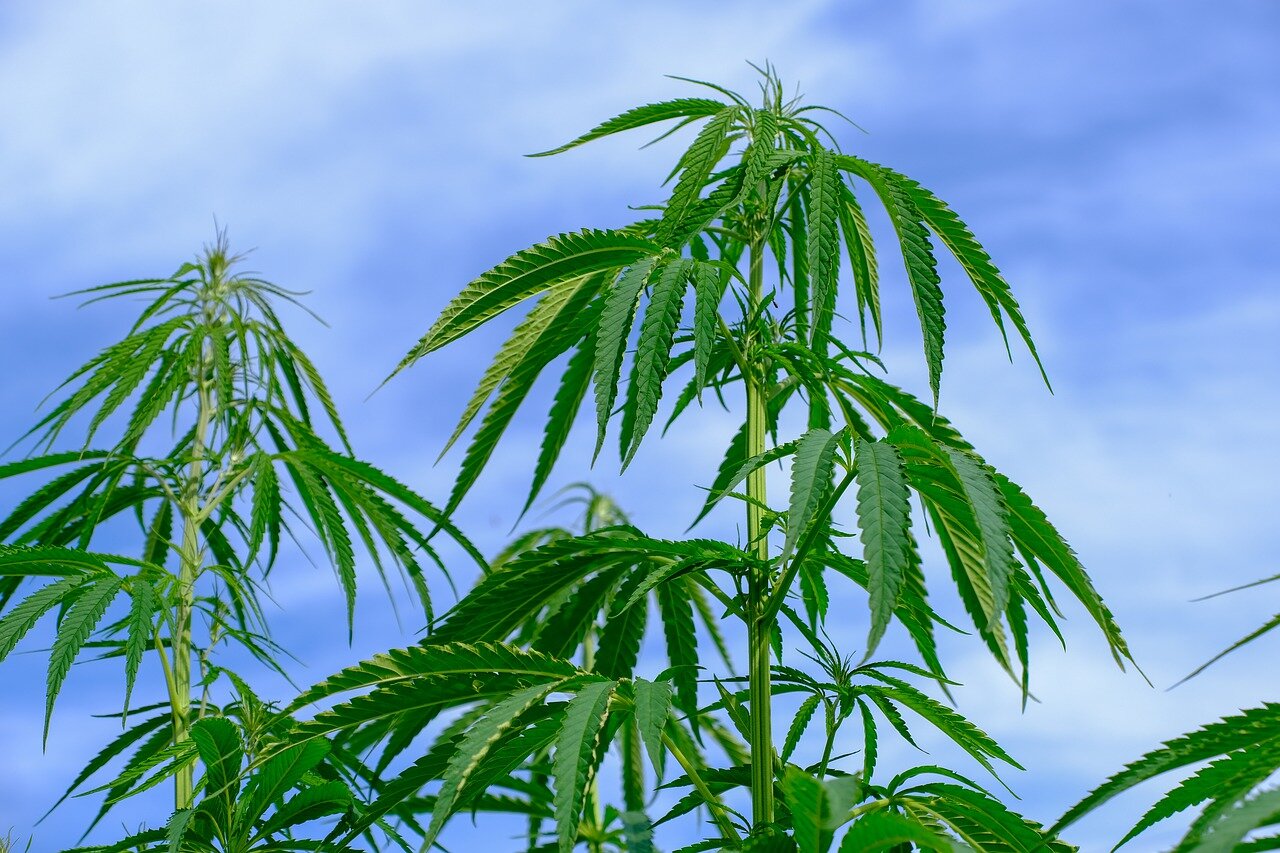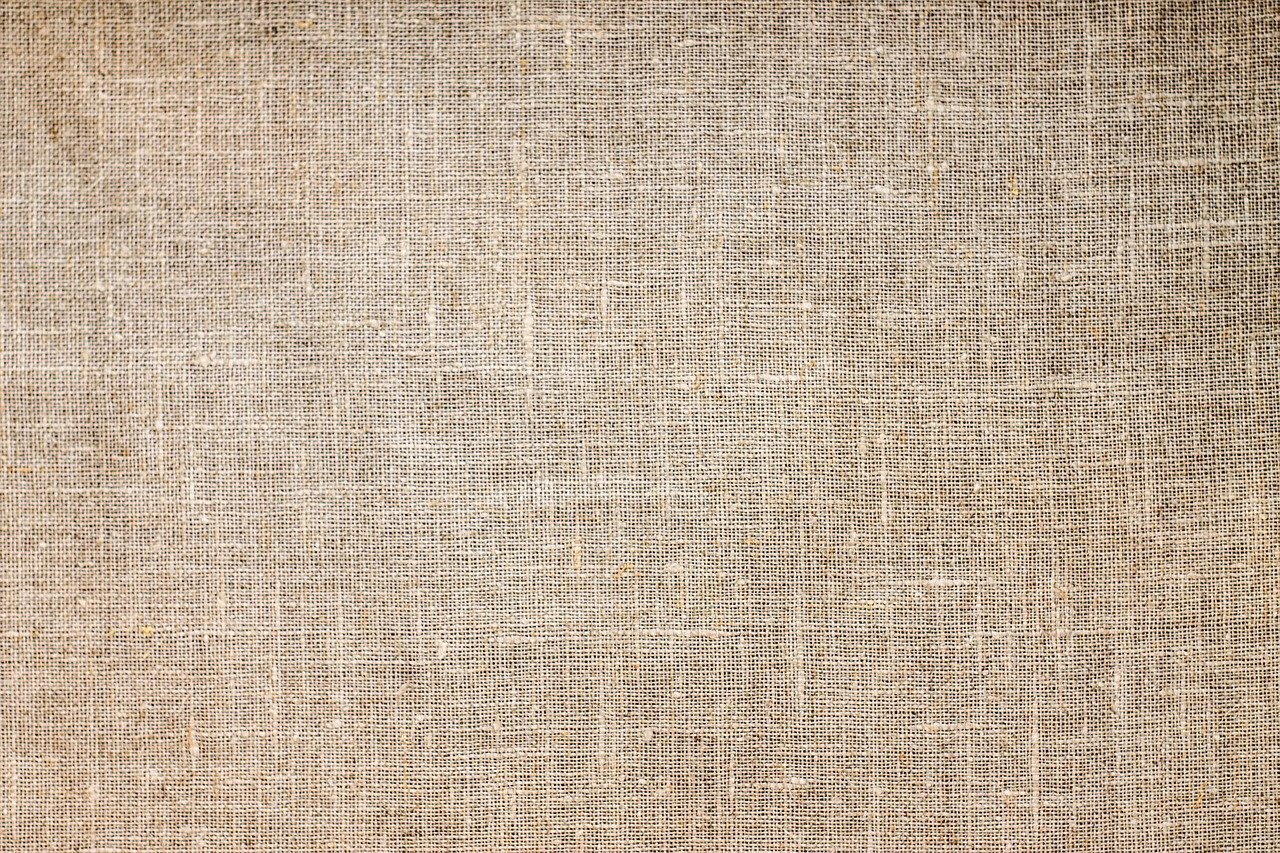Hemp and bamboo are both natural alternatives to traditional fabrics, such as cotton. While there are benefits to both, an argument for hemp can be made as the superior fabric alternative overall, specifically in terms of pesticides used, harvest methods, the production of fabric and biodegradability.
Pesticides
Hemp grows easily, does not need abundant water and often grows without the use of fertilizers or pesticides. The hemp plant is easy to grow and care for without the need of harmful chemicals being introduced to the plant or the soil. Hemp even cleans the soil it is planted in through a process called phytoremediation where it pulls toxins from the soil and absorbs them, leaving a cleaner soil behind.
Bamboo similarly grows easily and needs minimal water. Bamboo does not need fertilizers or pesticides to grow successfully. For a forest of the same size, bamboo emits more oxygen into the atmosphere.
Both hemp and bamboo can absorb carbon dioxide from the air, cleansing the air they grow in and helping the atmosphere.
Harvest
Hemp can be planted and harvested in three to four months. Because hemp is a rotational crop, it can only be planted in the same plot of land once or twice before needing a new plot. Hemp can be harvested by hand for the smaller plots, but is more often harvested with a machine. After harvesting, the plot where hemp was grown must be plowed and tilled prior to replanting.
Bamboo takes three to five years to be harvested. Bamboo naturally replenishes itself. Once harvested, there is no need to replant bamboo as it will replenish on its own. Once planted, bamboo will continue to grow. Bamboo must be harvested with manual labor, and any part of the bamboo plant that gets cut but is not part of the harvest returns to the soil as a fertilizer since every part of the bamboo plant is biodegradable.
Fabric Production
Hemp requires little to no chemicals to be spun from fiber into cloth. The retting process can be done naturally with the hemp plant, meaning no chemicals need to be added to separate the fiber from the plant. Hemp fibers are more durable, meaning that the final product does not include harmful chemicals and is strong and durable.
Bamboo uses a chemical-intensive fabric processing, meaning obtaining fibers from the bamboo plant cannot be completed without the use of chemicals. Creating fabric from bamboo can be done in many ways, and there are currently five types of bamboo fabric being used and sold. Bamboo fabric can be produced mechanically or chemically, though the chemicals are toxic to both the environment and human health. While not all types of bamboo fabric are created with chemicals, some must be produced this way. Compared to hemp fabric, bamboo is a softer final product.
Biodegradable
Hemp is biodegradable and compostable. Whether the plant waste or the final hemp product is at the end of its life, hemp will biodegrade or can be composted.
Unlike hemp, bamboo is not biodegradable or compostable, especially with the chemicals required to process. This means that at the end of a bamboo product’s life, it cannot be composted and will end up in the landfill.
While both hemp and bamboo are alternatives to fabric like cotton, hemp has a better environmental impact, or lack thereof. Hemp does not require pesticides, is harvested quickly, allows a clean fiber production, and is a biodegradable option.




